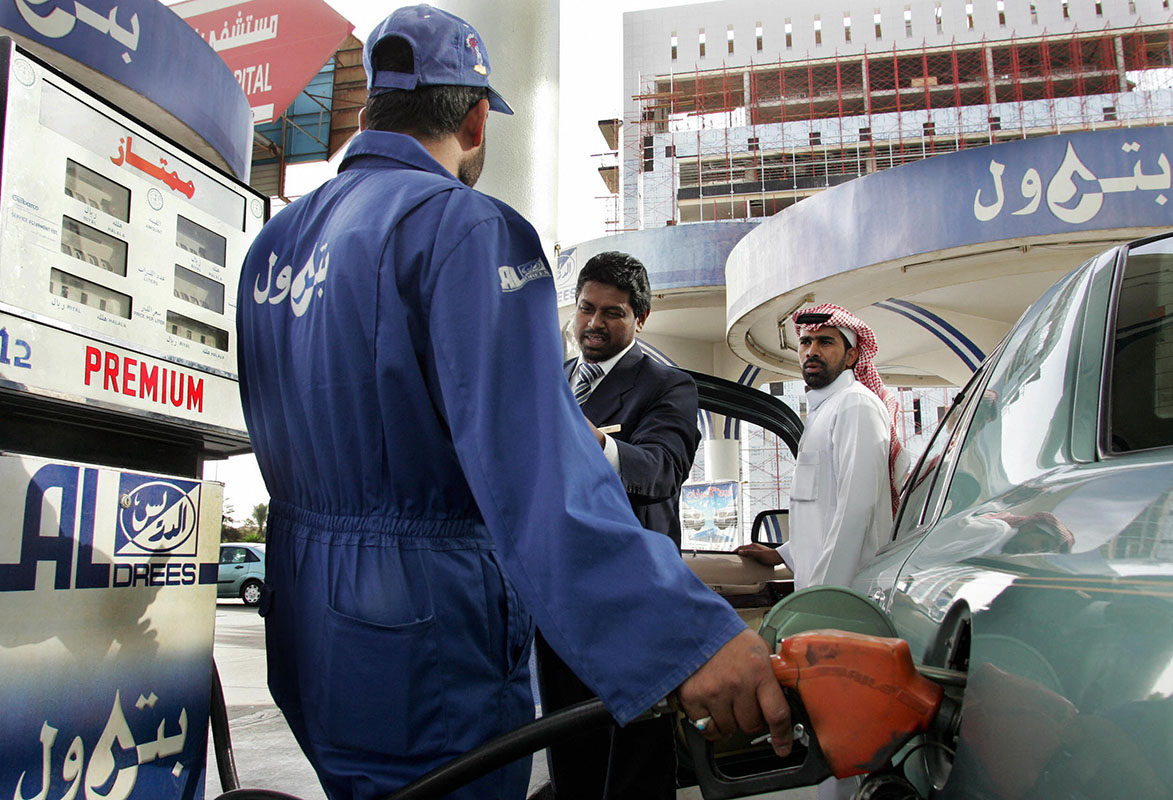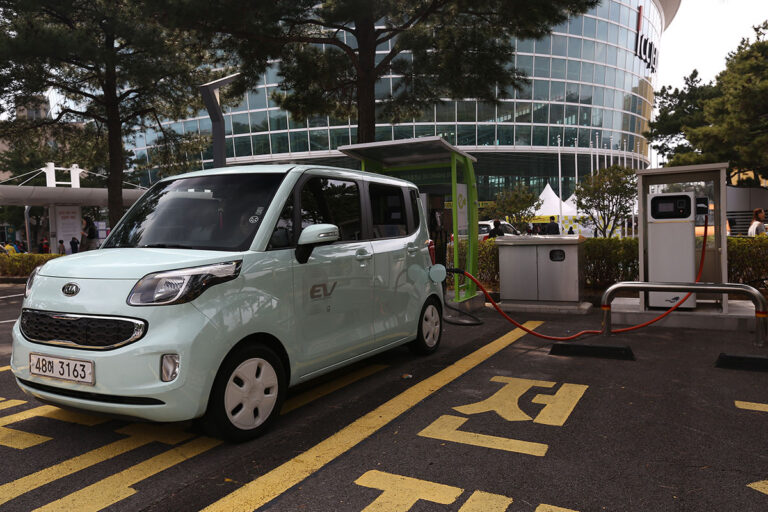As part of a global drive to combat climate change driven by fossil fuels, Saudi Arabia is intensifying its use of energy price reform to reduce carbon emissions from transport. Jeyhun Mikayilov and colleagues at KAPSARC have used Saudi Arabia as a case study to examine the impact of domestic fuel prices, population trends, and economic activity on carbon dioxide emissions by the transport sector.
Powering transport on land, by sea, and by air, consumes around a quarter of the world’s energy resources and generates a similar share of global carbon dioxide emissions. The researchers used a variety of estimation methods to make robust policy recommendations on the effects of changing policies on emission levels.
“Our overall conclusion is that raising fuel prices is a viable option for policy-makers to consider in order to reduce carbon dioxide emissions,” says Mikayilov. The results support Saudi Arabia’s 2016 energy price reform policy, which included efforts to gradually reduce the incentives to use fossil fuel energy
However, despite the positive findings, fuel pricing has until now proved to be a rather blunt instrument for changing fuel consumption patterns. Addressing the challenge is especially crucial since the continuing growth in economic activity has traditionally pushed up emissions.
“Our overall conclusion is that raising fuel prices is a viable option for policy-makers to consider in order to reduce carbon dioxide emissions.” Jeyhun Mikayilov
Rising fuel prices could prompt greater interest in more fuel-efficient vehicles, but the scenarios forecast by current trends predict at best only modest effects on overall fuel consumption.
In response to the rising challenges of climate change, Saudi Arabia is focused on reducing the environmental impact of traditional fuel-based transportation. This includes leading international efforts in developing the hydrogen industry and the launch of the Green Saudi and Green Middle East eco-friendly initiatives.
The KAPSARC research suggests that sustained policies to improve fuel use efficiency could reduce the Kingdom’s annual transportation emissions growth from 7% to 3% by 2030.
“While resources such as solar and wind power will have a part to play, fossil fuels will remain a significant source of energy for the foreseeable future, so efforts focused on improved fuel efficiency will be vital,” Mikayilov concludes.
Reference
1- Shannak, S.A., Mikayilov, J. I. and Dua, R., Energy price reform to mitigate transportation carbon emissions in oil-rich economies. Environ. Econ. Policy Stud. 26 263–283, 2024 | Article




